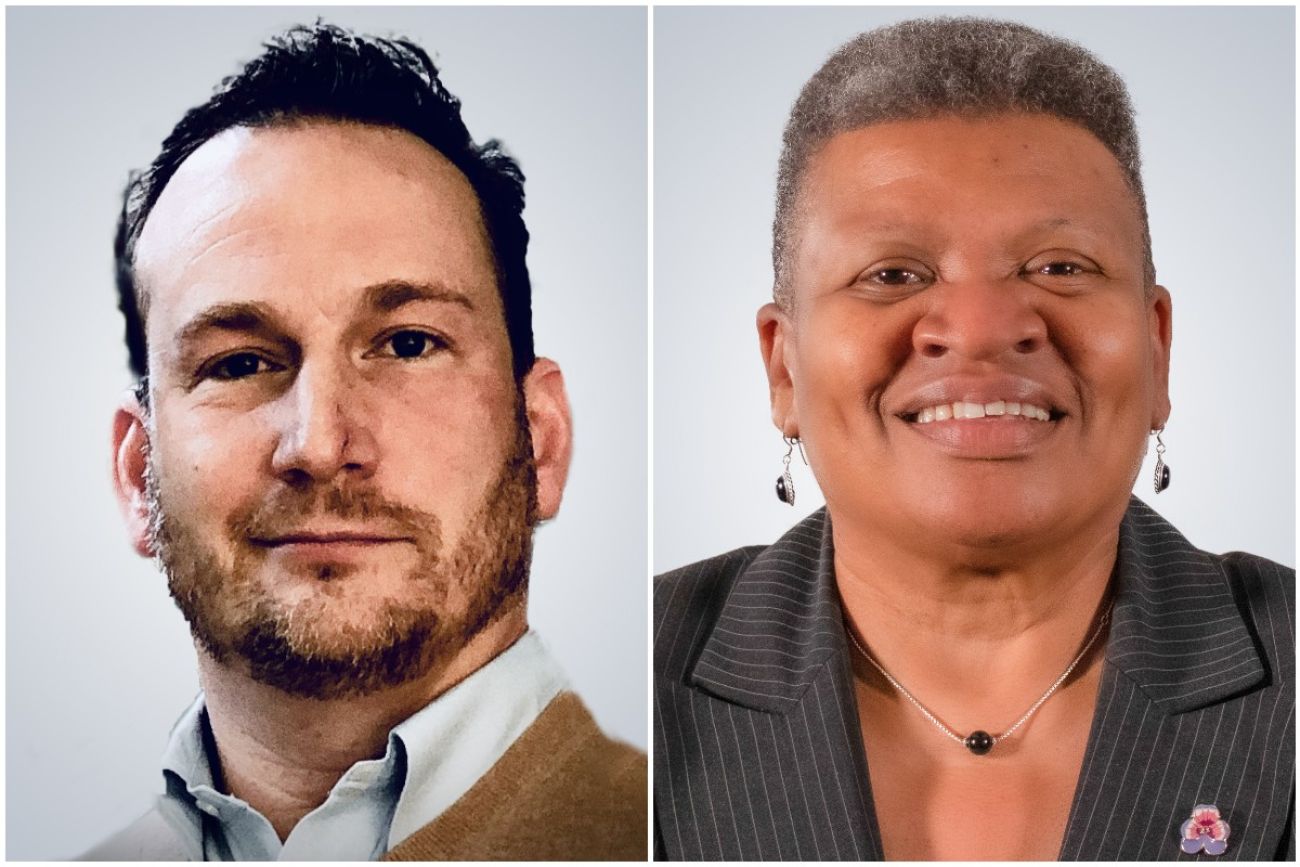Opinion | Older Michiganders don’t get the mental health support they need
On any given night, in any emergency department at any hospital in Michigan, the people needing care include a patient in need of mental health services who is held in a room for hours, sometimes days. Occasionally, multiple patients are held in emergency departments that are not equipped to adequately care for them, straining already limited resources and stretching nurses, doctors and social workers to their limits.
The need for comprehensive mental health services is even greater now for older adults, with individuals aged 50 to 80 experiencing worse mental health since the start of the COVID-19 pandemic, according to a University of Michigan study.

These patients don’t get the care they need because they have no place to go. In cases of serious mental health needs, patients can’t be transferred because beds aren’t available. In a state with a population of nearly 10 million people, only around 3,000 inpatient psychiatric beds are available across Michigan, down 30 percent from 1993. Of Michigan’s 83 counties, 33 don’t have a single psychiatrist. Michigan has around 11 psychiatrists for every 100,000 people, a shortage that ranks Michigan third worst in the nation.
Michigan’s mental health infrastructure is especially devastating to older Michiganders with significant medical, behavioral, and social support needs. Adults ages 65 and up are less likely than other adults to get mental health care, and the rate is worse for older men. Nearly one-quarter of Michigan’s population is older than 60, and they face a range of mental and behavioral health risks. At the same time, this population is reluctant to use public mental health services for several reasons, including social stigma, misunderstanding about mental health needs, and the lack of staff trained in geriatrics.
Older adults who seek care face major challenges accessing it in the face of an inefficient, siloed healthcare system that often prioritizes costly physical needs while deemphasizing the biological and emotional impact of mental health on an individuals’ quality of life, their overall health, and even their safety.
Individuals managing co-occurring physical and mental health needs are at even higher risk. A patient who has both heart disease and depression is at statistically higher risk for poor health outcomes than someone who has heart disease but not depression. The correlation between physical and mental health is more profound when a patient is living with a severe behavioral health condition, such as schizophrenia or bipolar disorder, which can reduce life expectancy by 10-25 years.
In recent years, the state has taken important steps toward bridging some of the systemic gaps in the delivery of mental health care to older Michiganders, including the establishment of the Health and Aging Services Administration. Local service agencies are striving heroically in the face of limited resources to fill gaps in the communities they serve. Recent reforms at the federal level by Michigan’s U.S. Senator Debbie Stabenow are also helping address these gaps by funding Certified Community Behavioral Health Clinics (CCBHCs), increasing capacity for mental health inpatient care, and expanding the mental health workforce.
As an integrated healthcare organization specifically focused on individuals on Medicare, and those eligible for both Medicare and Medicaid, CCA Health Michigan sees firsthand the impact that the shortage of mental health services has on the seniors we serve in Genesee, Lapeer, Macomb, Monroe, Oakland, St. Clair and Wayne counties.
In caring for older Michiganders’ mental health, we believe greater flexibility is important. Offering mental health and substance abuse treatment by telehealth has helped healthcare providers meet patients where and when they want. For older Michiganders reluctant to jump online for care, in-home visits by care teams can help bridge the gap.
Our healthcare system must also deliver team-based, integrated care that focuses on physical and mental health as well as the social factors that impact peoples’ lives in order to ensure holistic care that improves not only health but also quality of life.
As a society, we must also continue to normalize the critical importance of mental health to reduce the stigma that prevents people from seeking treatment. Eliminating that stigma and encouraging people to seek care requires training our care teams to identify mental health needs and to leverage evidence-based strategies and tactics to support patients in overcoming barriers to seeking care.
Solving the mental health crisis long-term in Michigan will require a deeper appreciation for the biological, societal, and cultural factors that drive these health disorders. By taking a holistic and culturally sensitive approach, we can rethink how we coordinate and deliver care in Michigan to better serve the physical and mental health needs of older adults.
See what new members are saying about why they donated to Bridge Michigan:
- “In order for this information to be accurate and unbiased it must be underwritten by its readers, not by special interests.” - Larry S.
- “Not many other media sources report on the topics Bridge does.” - Susan B.
- “Your journalism is outstanding and rare these days.” - Mark S.
If you want to ensure the future of nonpartisan, nonprofit Michigan journalism, please become a member today. You, too, will be asked why you donated and maybe we'll feature your quote next time!




